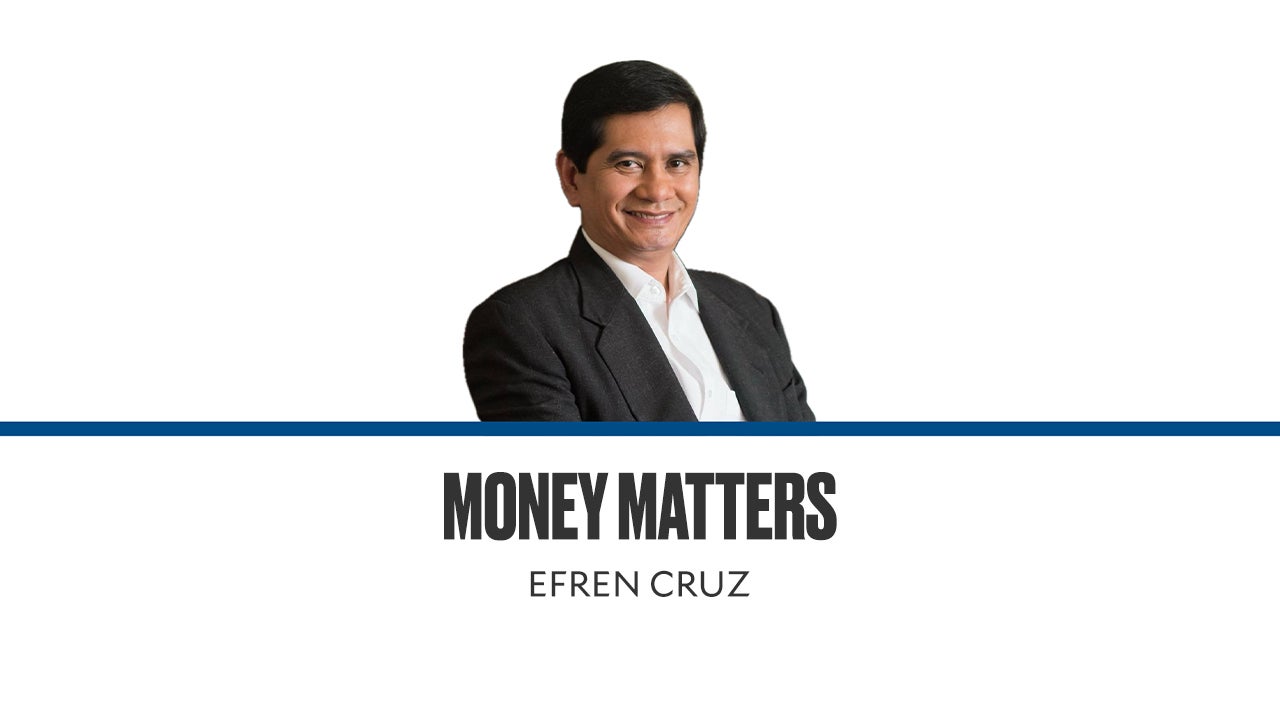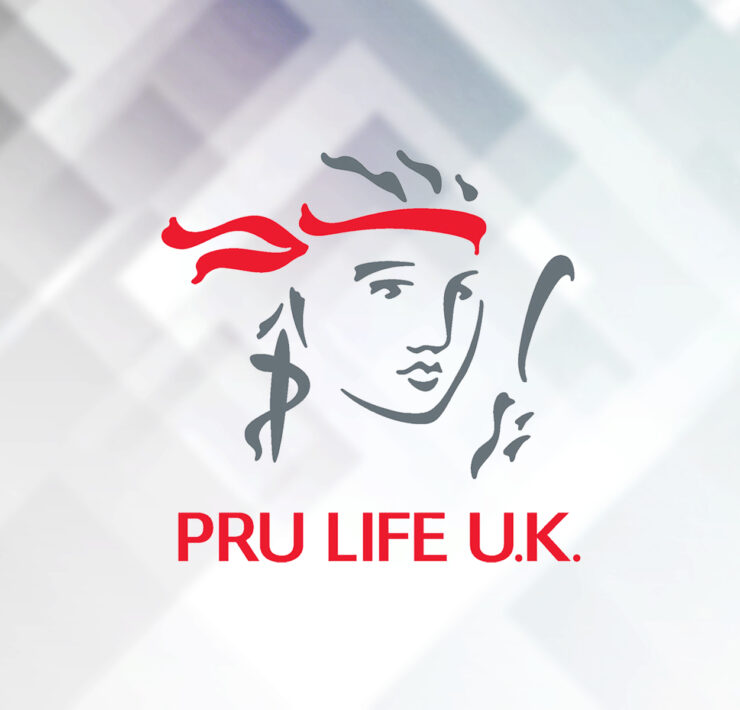Should I be wary of life insurance agents?

Question: Life insurance agents are a pesky bunch. They hardly give up on selling to you even when you say you are not interested. And just when you think they are about to go away, they ask for referrals among your friends. Why would I wish such an experience for my friends?
Answer: In this age of artificial intelligence or AI, I asked Microsoft Copilot what the common impressions were of life insurance agents. Here are the results verbatim.
Ϫ Trust and Professionalism: Some people see life insurance agents as trusted advisors who provide valuable financial security and peace of mind. They appreciate the expertise and personalized service agents offer.
Ϫ Helpful and Resourceful: Many recognize the support and guidance life insurance agents provide in navigating complex policies and making informed decisions about coverage.
Ϫ Sales-driven: Others may view them as overly sales-focused, pushing products primarily for commission. This perception can lead to skepticism about their motives.
Ϫ Persistent: Some find agents to be persistent, sometimes to the point of being perceived as pushy, especially when they follow up frequently to close a sale.
Half of the foregoing impressions are positive and half are negative. And it is more likely that a greater number of people, just like you with your question, bear the negative impressions. But I would also bet that if you were running a business of your own, you would love to have the persistence of life insurance agents running through the veins of your sales force.
Life insurance is very much underappreciated. In fact, at the 74th Anniversary celebration of the Philippine Life Insurance Association last July 30, 2024, Finance Secretary Ralph Recto cited the 2024 World Insurance Report which found that life insurance penetration in the Philippines was only at 1.2 percent in 2023. In comparison, the global and emerging Asia averages were pegged at 2.9 percent and 2.2 percent, respectively. Life insurance penetration is defined as premiums as a percentage of gross domestic product.
People just like you would rather try to maximize their return on equity. This means working to attain maximum wealth by saving and investing as much as they can and sometimes even leveraging on borrowed money to attain such wealth.
To do this, people will need to lower their operating costs to have more income left over (that is, maximizing net income margin), use the leftover income to invest in earning assets (maximizing asset turnover), and use debt more to buy (earning) assets (maximizing asset multiplier) rather than just using debt for mere consumption. Seems complex, right?
Yet the foregoing activities do make sense because net income margin is net income divided by revenues. Asset turnover is, in turn, is revenues divided by total assets. And finally, equity multiplier is total assets divided by equity. If you multiply the three ratios together, revenues and total assets will cancel out, leaving just net income divided by equity, which is the formula for return on equity.
Wealth management is a long and hard endeavor. But herein lies the secret to making wealth management less of a burden. Do it for others as you will be rewarded with something much more valuable, the happiness that you bring to others. And admit it, you know you are happy when you make your loved ones happy.
Life insurance is a gift. All true gifts are assets that you buy and for which you do not expect anything in return. Ownership of that asset is still yours until you pass on the gift. Life insurance is that last gift that you will give to your loved ones before you depart from this world. And would that not be the best parting gift ever?
Life insurance agents are offering you the chance to purchase that gift of a lifetime. And would you not also wish that kind of opportunity for your friends?




















